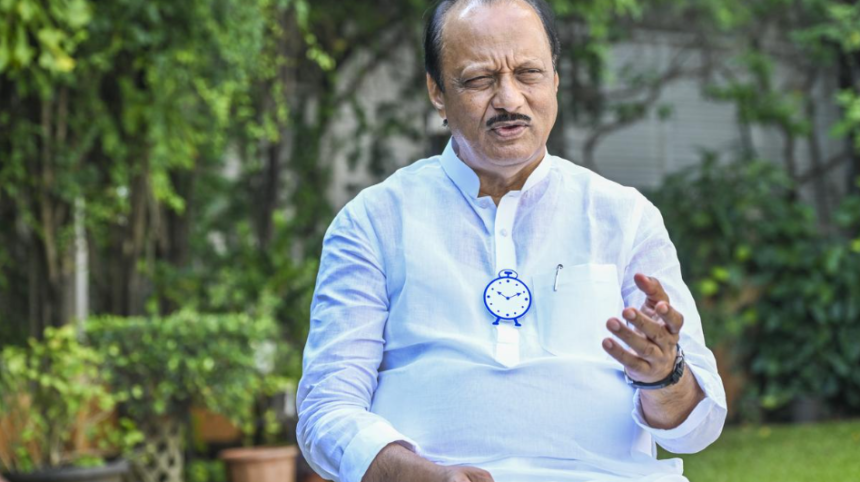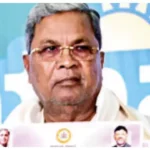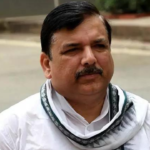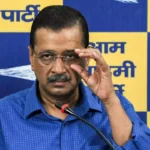In a recent statement that has stirred Maharashtra’s political landscape, Ajit Pawar revealed that he and his faction received permission from his uncle, Nationalist Congress Party (NCP) founder Sharad Pawar, to part ways with the party. Ajit Pawar, who aligned with the Bharatiya Janata Party (BJP)-Shiv Sena coalition in Maharashtra, stated that Sharad Pawar had sanctioned their decision to separate from the NCP, a revelation that raises questions about the longstanding dynamics within the Pawar family and Maharashtra politics.
Ajit Pawar’s Statement Shakes NCP’s Unity
Speaking to reporters, Ajit Pawar affirmed that his split from the NCP was not a betrayal but a move agreed upon with Sharad Pawar’s knowledge and consent. He clarified that he and his supporters approached Sharad Pawar with their intentions, and the senior leader reportedly acknowledged the faction’s desire to take a different political path.
Ajit Pawar’s remarks come amid an ongoing rift in the NCP, with his faction supporting the ruling alliance led by Maharashtra Chief Minister Eknath Shinde. Since his split, Ajit Pawar has taken on the role of Deputy Chief Minister in the BJP-Shiv Sena coalition government, a position that has cemented his influence in Maharashtra’s political circles but has also strained his relations with his uncle and NCP loyalists.
NCP Split: A Turning Point in Maharashtra Politics
The Pawar family’s political dynamics have long shaped Maharashtra’s political scene, with Sharad Pawar seen as a towering figure in the state and national politics. However, the emergence of two rival factions within the NCP has challenged this legacy. Ajit Pawar’s decision to side with the BJP-Shiv Sena alliance marked a significant shift, not only in the NCP’s ideological stance but also in Maharashtra’s political balance.
Ajit Pawar maintains that his decision was driven by a commitment to Maharashtra’s development and a desire to ensure stability within the state. He emphasized that the split was amicable, with no ill will toward his uncle or the NCP’s original supporters. However, Sharad Pawar has largely refrained from explicitly endorsing or refuting Ajit Pawar’s claims, leaving room for speculation on the extent of his approval of the split.
What This Means for the NCP’s Future
The NCP now faces an uncertain future, split between Ajit Pawar’s faction, which supports the BJP-Sena coalition, and the loyalists under Sharad Pawar, who continue to align with the Maha Vikas Aghadi (MVA) coalition, including the Congress and the Uddhav Thackeray-led Shiv Sena. The rift could impact the party’s electoral prospects, as both factions now vie for legitimacy, supporters, and resources within Maharashtra’s political framework.
Political analysts suggest that Ajit Pawar’s alliance with the BJP is likely to boost the BJP-Shiv Sena coalition’s influence over crucial constituencies, potentially affecting upcoming elections. Meanwhile, Sharad Pawar’s loyalists argue that the NCP’s original values and vision remain intact, appealing to voters who have long supported the party’s stance on regional and national issues.
Reactions from Political Circles and the Public
The split has led to mixed reactions among NCP supporters and political figures across the state. Some supporters view Ajit Pawar’s move as pragmatic, potentially offering Maharashtra a more stable government, while others see it as a departure from the NCP’s foundational principles. Leaders from the Congress and Uddhav Thackeray’s Shiv Sena faction expressed disappointment, viewing Ajit Pawar’s alliance with the BJP as contradictory to the NCP’s original ideology.
On the other hand, the BJP and Eknath Shinde’s Shiv Sena faction have welcomed Ajit Pawar’s partnership, suggesting that the alliance will expedite development in Maharashtra. BJP leaders maintain that Ajit Pawar’s presence within the coalition strengthens their hold over the state’s political arena, particularly as they aim to consolidate support from multiple regions.
A Pivotal Moment in Maharashtra’s Political Landscape
Ajit Pawar’s revelation about Sharad Pawar’s permission for the split has added complexity to Maharashtra’s already intricate political scene. With two NCP factions operating on opposite sides of the political spectrum, the state’s upcoming elections will be closely watched for signs of how Maharashtra voters respond to these shifting alliances.
As Maharashtra heads toward crucial electoral cycles, the impact of the NCP’s split remains to be seen. For now, Ajit Pawar’s alignment with the BJP-Sena coalition underscores a reshaping of the state’s political dynamics, with both factions of the NCP claiming to represent its core values and supporters. The future of the Pawar family’s political legacy, and the NCP’s relevance, may ultimately be determined by how effectively each faction navigates this division.










